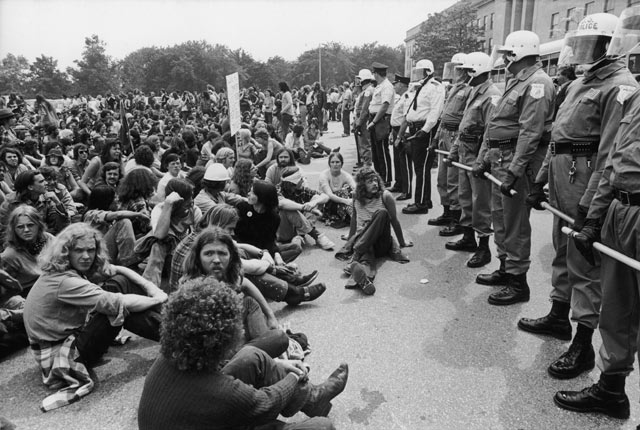The Cuban missle crisis ended Oct. 28, 1962 after lasting for 7 days and pretty much changing the world.
Do you remember where you were, how you felt and how the crisis influenced your life and the lives of those around you? Do you think the president and the political leaders of the day handled it well?
During the missle crisis, I was just a little kid and was sick and home from school. My parents never let on that there was anything wrong at all for which I am grateful because I was way too young to process such information. But I've heard it was especially frightening for some of my friends who were sent home from school because it was believed a nuclear attack was imminent. I can't imagine the fear I would have felt.
I've seen countless documentaries on the subject and feel President Kennedy did handle the situation very well. We might not be here if he hadn't.
What are your memories of this time?
How, if at all, did the Cuban Missle crisis affect you?
Do you remember where you were, how you felt and how the crisis influenced your life and the lives of those around you? Do you think the president and the political leaders of the day handled it well?
During the missle crisis, I was just a little kid and was sick and home from school. My parents never let on that there was anything wrong at all for which I am grateful because I was way too young to process such information. But I've heard it was especially frightening for some of my friends who were sent home from school because it was believed a nuclear attack was imminent. I can't imagine the fear I would have felt.
I've seen countless documentaries on the subject and feel President Kennedy did handle the situation very well. We might not be here if he hadn't.
What are your memories of this time?
How, if at all, did the Cuban Missle crisis affect you?




